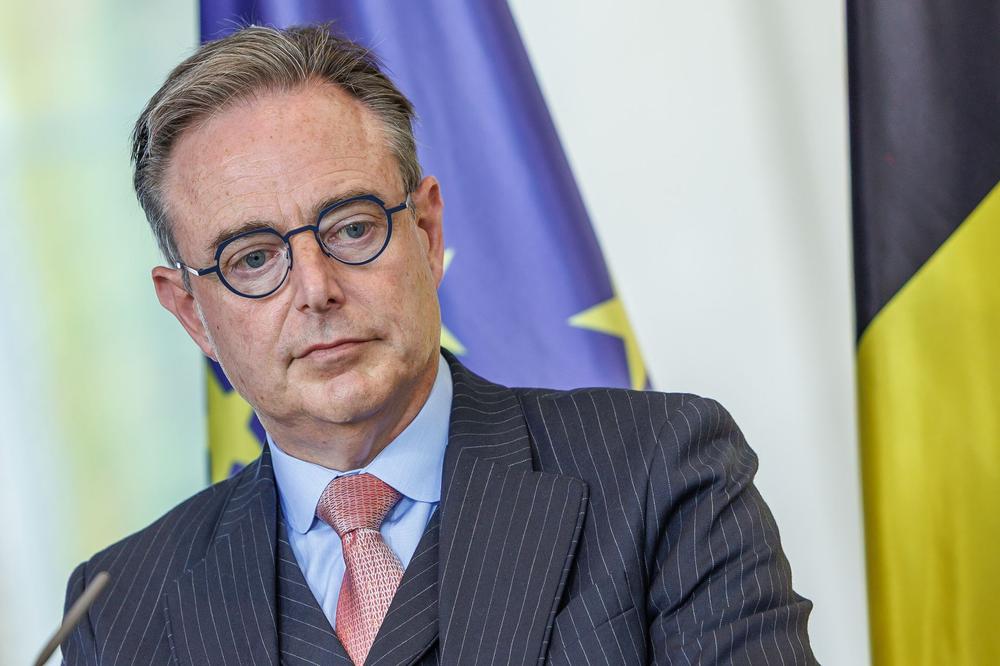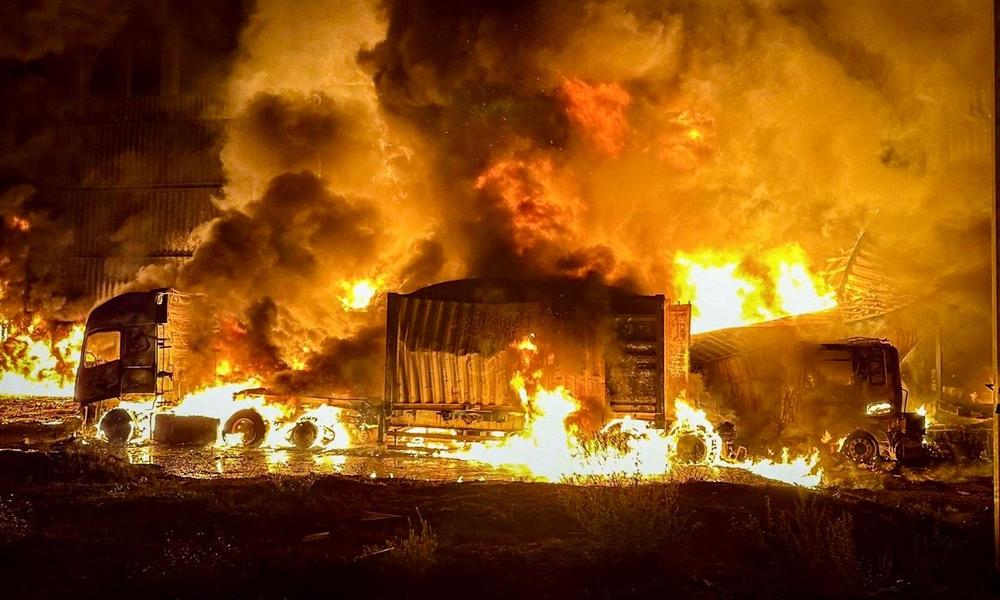The Belgian government wants other EU members to share any potential risks associated with a reparations loan for Ukraine funded by frozen Russian assets, Politico reported on Oct. 9, citing a document it had obtained.
The EU has proposed a 140-billion-euro (about $160 billion) loan for Ukraine funded by cash balances associated with Russian sovereign assets, most of which are held by the Belgium-based company Euroclear.
EU partners have sought to convince Belgium to sign off on the plan, while the Western European country fears it will bear all financial and legal risks.
Talking to EU leaders during a recent summit in Copenhagen, Belgian Prime Minister Bart De Wever said that "guarantees cannot be limited to the 170 billion euros (nearly $200 billion) in cash that the Commission proposes to mobilize," according to Politico.
The European Commission has proposed using more than 170 billion euros generated by Russian assets invested in state bonds to fund the reparations loan and repay an earlier G7 loan for Ukraine.
Belgium also opposes outright confiscation and seeks an agreement to cover the money if Euroclear is forced to return the assets in the event of a peace deal, according to a statement reportedly delivered to European leaders on Oct. 1.
EU members will likely hope to secure Belgium's consent ahead of the upcoming summit on Oct. 23, allowing them to draft a legal proposal soon after.
Kyiv's Western allies and other partners immobilized around $300 billion in Russian sovereign assets at the outbreak of the full-scale war, with roughly two-thirds held in Europe.
As Ukraine faces a budget shortfall amid mounting war-related costs and as other sources of funding dry up, there have been growing calls for the EU to explore more radical ways of utilizing Russian assets.
The $160 billion interest-free loan would be a major boon for Kyiv, which would, nevertheless, not require outright confiscation of Russian sovereign funds, a step opposed by Belgium, France, and others.
Ukraine would need to repay the loan only if Russia agrees to pay war reparations as part of a potential peace deal.

 Servizi assicurativi di assistenza in caso di violenza domestica, perché "essere donna non dovrebbe essere un rischio"
Servizi assicurativi di assistenza in caso di violenza domestica, perché "essere donna non dovrebbe essere un rischio"